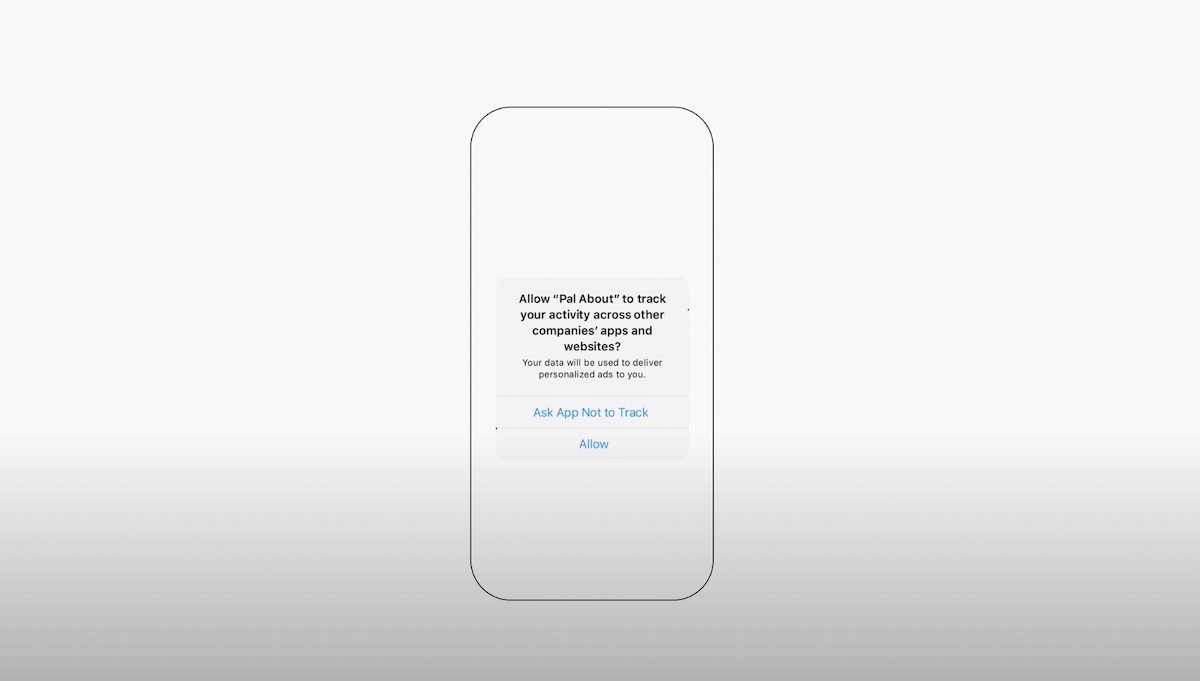Apple’s effort to prevent developers from creating a workaround of the ATT feature has resulted in the failure of Chinese developers’ CAID tracking system.
Apple launched a new ATT (App Tracking Transparency) feature on iOS. The new privacy update prevents tracking across third-party apps and website on iPhone by making its compulsory for developers ask for users permission first. This control of users’ data in their own hands, upset many apps and digital advertisers over the fear of losing revenue generated by targeted ads. Therefore, Chinese developers like P&G, TikTok, Tencent, Baidu created CAID to bypass the ATT feature on iOS, so they can run ads. It was alleged that the developers were backed by China Advertising Association (CAA).

On discovering the ATT feature workaround, Apple warned Chinese developers that the privacy rules will apply to all apps on the App Store and the company did not approve the updates of the rebellious apps using CAID. A new report by Financial Times claims that Apple’s efforts were successful in deterring developers from using CAID.
Apple deterred Chinese developers from using CAID, a workaround for the ATT feature on iOS 14
FT paywalled report viewed by MacRumors states that CAID has lost support and developers are willingly complying with ATT feature’s privacy rules.
Several people in China and Hong Kong said that, following Apple’s retaliation, CAID lost support and the whole project failed to gain traction.
“This is a clear victory for Apple, and also consumer privacy, as the tech giants of China have been forced to back down and comply with Apple’s rules,” said Rich Bishop, chief executive of AppInChina, a leading publisher of international software in China.
“The Chinese app ecosystem was collectively baiting the bull with CAID, under the theory that Apple couldn’t afford to ban every major app in the market,” added Alex Bauer, head of product marketing at adtech group Branch.
“Apple called their bluff, and seems to have reasserted control over the situation by aggressively rapping knuckles on early adopters, before the consortium gained any real momentum.”
Apple’s senior executives have called users’ privacy ” a basic fundamental human right”, and despite immense pressure and public thrashing, Apple did not back down and released the ATT privacy update for protection of users’ privacy and security. And the company has very creatively educated the masses on the importance of the feature via its ad campaign.
Read More: